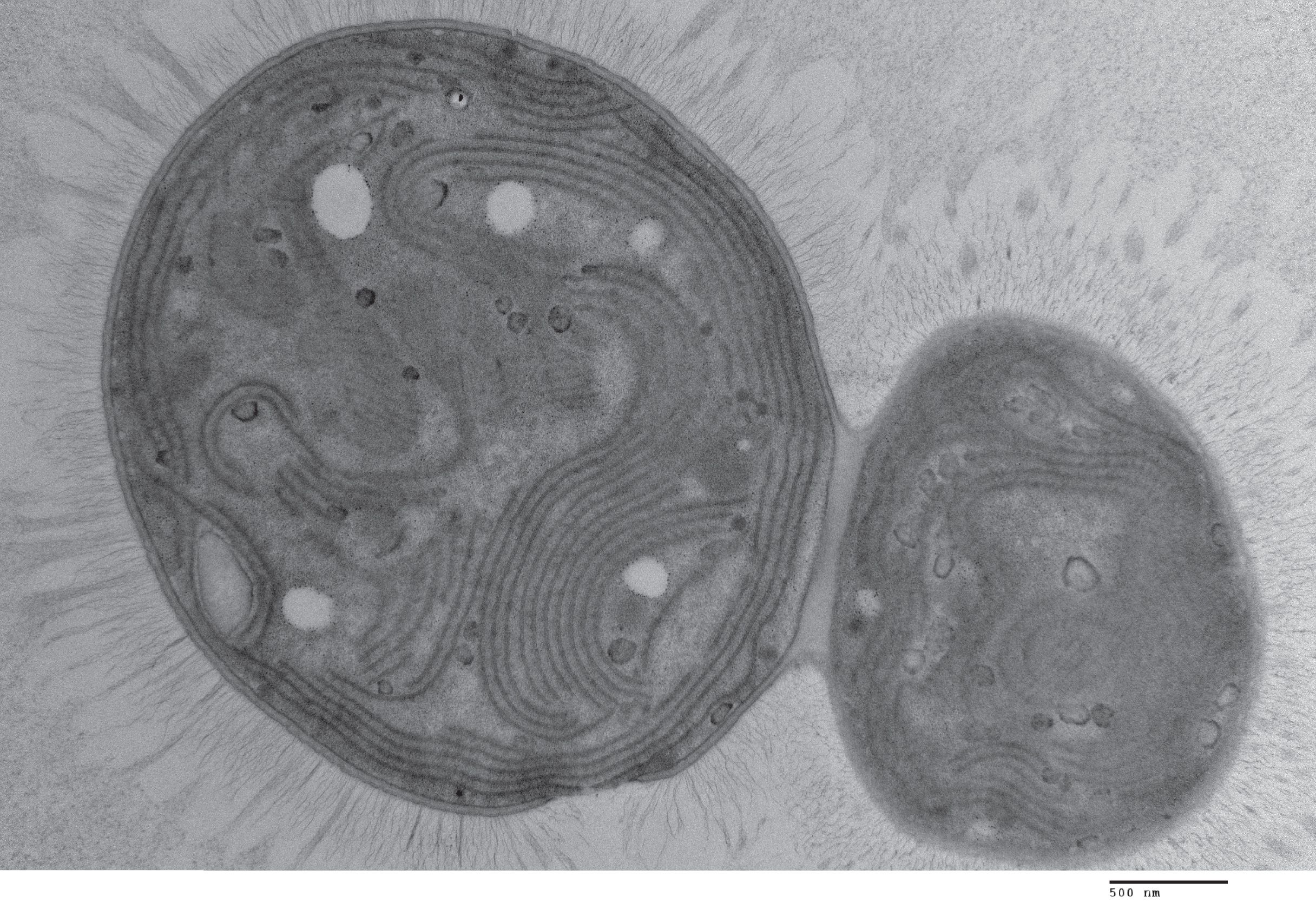Into the Night
Verified User
Popular Mechanics reports:
Guess the Church of Global Warming is getting desperate.The ocean is humanity's greatest ally in the fight against anthropogenic climate change. According to the United Nations, the world's oceans produce 50 percent of the oxygen we breathe, absorb around 30 percent of atmospheric carbon, and capture 90 percent of the excess heat produced by greenhouse emissions. Without the ocean, we'd be well and truly cooked.
However, the ocean's role as a carbon sink is complicated, and new research suggests that even under an ideal climate scenario — one where humanity gets its act together and creates a net-negative carbon world — heat trapped in the Southern Ocean could be "burped" up, producing anthropogenic climate change-like effects for decades or even centuries.

